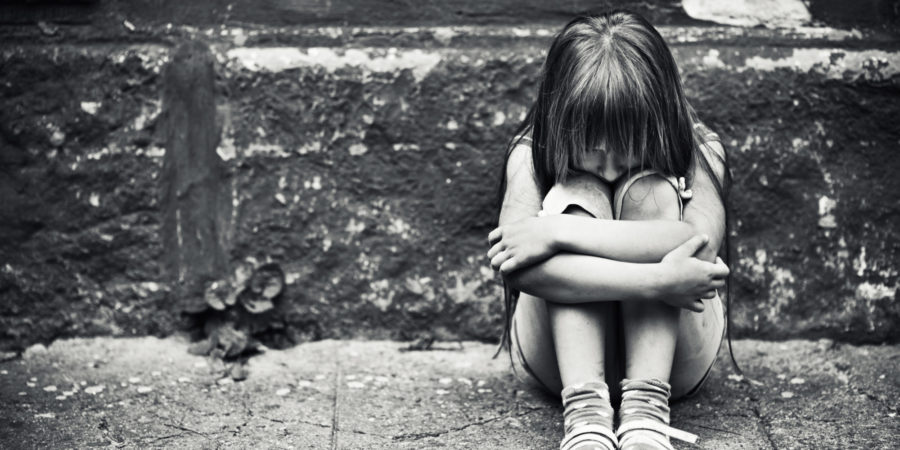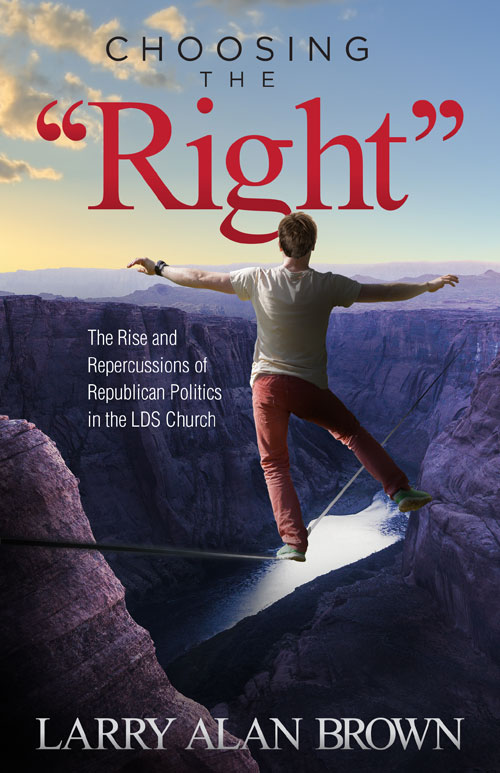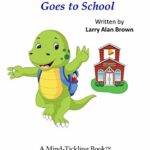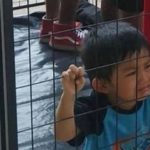In his classic novel, The Great Gatsby, F. Scott Fitzgerald writes, “Whenever you feel like criticizing anyone…just remember that all the people in this world haven’t had the advantages that you’ve had.” Too often we make uninformed assumptions about others. We stereotype. We label. We judge. And, if you’re anything like me when I do this, we’re almost always wrong.
It’s disheartening that some of the most stereotyped, judged and demonized people are the poor – the weakest among us – especially those who survive on public assistance. They are routinely condemned as being lazy, opportunistic, ungrateful and content to live on the dole. They are seen by many as deserving their fate, having made bad decisions that landed them at the bottom of the social and economic heap, and, therefore, should be responsible for lifting themselves out of poverty.
In 2012, Congressman Paul Ryan of Wisconsin was a candidate for U.S. Vice President. Known as an aggressive hard line budget hawk, one of Ryan’s hallmarks was his determination to slash social safety nets. In a CBS News article, he accused the poor of deliberately shunning work; that they find poverty a more desirable lifestyle than improving their lot in life. He was quoted as saying that unless tax-funded safety nets were slashed, they would continue to provide a “hammock, which lulls able-bodied people into lives of complacency and dependency.”
But evidence suggests that it isn’t fun at all to be poor and many would gladly escape into the middle class if they could. Ah, but there’s the rub. The prosperous people among us insist that there are plenty of opportunities for any impoverished person who is willing to take advantage of them. There is a pervasive belief on the part of those who are collecting a steady paycheck and health benefits that a poor person’s road to self-reliance is obvious, straightforward and achievable: Get trained. Get a job. Get off welfare.
I would love it if life were that simple. First of all, roughly one-third of all families headed by single mothers live in poverty. It’s worse for minority mothers. Many live in the inner cities. They face abysmal odds. Before they had their own children, they often attended neglected public schools so a decent educational foundation was out of reach. Any quality career technical and vocational adult classes – even if funding were available, which is unlikely because federal funding has decreased nearly 40 percent, adjusted for inflation, since 2000 – are likely to be located outside the inner city. So are most jobs. Many of the poor don’t have cars to get to classes and jobs and public transportation doesn’t always go where they need to go or it takes so long to commute that they have precious little time left over to help their kids with homework. Finding safe, affordable child care is difficult everywhere, not just in the city core. What happens when kids get sick? The low-paying jobs that poor people can qualify for have few or no health benefits or paid time off to stay home to care for them. What does a mother do when she has to work one or more jobs at minimum wage and has to choose between healthy food and paying the rent?
A Gallup Poll found that impoverished people lack access to even basic health care services at nearly three times the rate as the non-poor. When they or their children are sick, they wait until it gets bad enough that they have to go to the emergency room. Chronic sickness makes it more difficult to hold down a job. Gallup also found that poor people suffer depression at twice the rate of everyone else (31 percent to 15.8 percent). Does that sound like a hammock to you?
Given these choices, who wouldn’t choose to receive public assistance?
A large percentage of Americans believe the poor bring poverty upon themselves and should receive little, if any, support from taxpayers. True, some have made mistakes, but haven’t we all? Others, on the other hand, are convinced that much poverty is the result of circumstances beyond a person’s control and that government intervention is needed to help them meet even their most basic needs before they can hope to escape their disadvantaged condition. Who is right? How would we know? Can we read the minds of the poor? Are there decisive, objective statistics that would settle the issue? Who has the experience, wisdom, knowledge and the right to judge?
It’s easy for us to write off the poor as mere statistics and not see them as fellow brothers and sisters in the human family. But we don’t know them. We don’t know their stories. They have feelings. They laugh, they cry, they want a better life for themselves and their children. They are as deeply hurt as the rest of us when others shame and humiliate them and deny them the common decency, love and respect that we all deserve as children of God.
So whenever we find ourselves judging the poor, let’s remember the sobering old adage: “There but for the grace of God, go I,” and not only count our blessings but be ready to share them generously with those who so desperately need them.
Parts of this blog are excerpted from my book “Choosing the ‘Right’: The Rise and Repercussions of Republican Politics in the LDS Church.”








0 Comments
Leave a comment